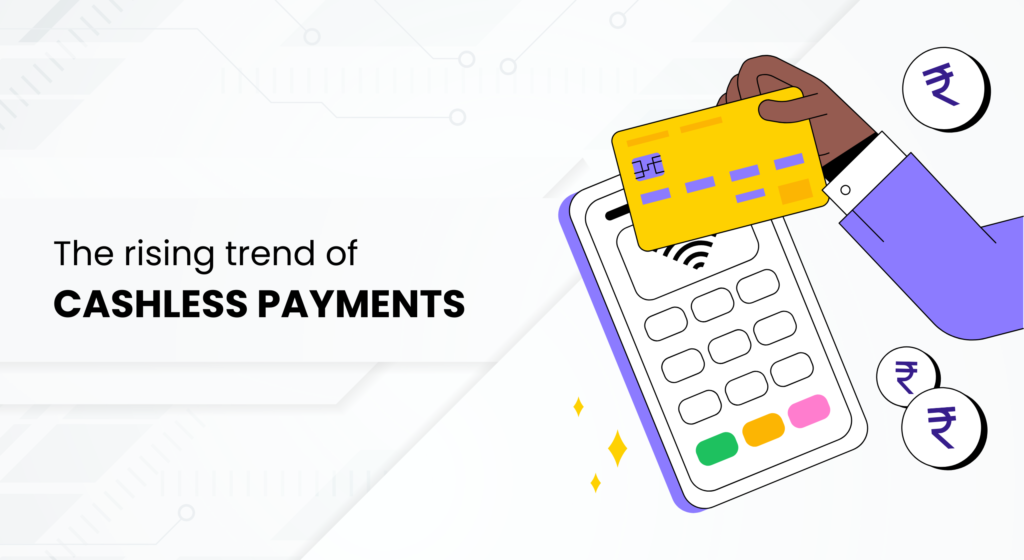Unveiling the Potential of Credit Cards on UPI: Redefining Convenience and Reach

Home / Blogs Table of contents Introduction How Credit Cards and UPI Work Together The Impact: Making Payments Accessible to All How Credit Cards on UPI are Changing the Game Focus on User Experience Conclusion In the fast-changing world of digital payments, a novel payment method – Credit Card on UPI (Unified Payments […]
Secured Credit Cards – A Credit Score Builder Product

Home / Blogs Table of contents Introduction Growth of Credit Cards Strategies issuers use Conclusion Over the past few years, India’s credit card sector has experienced remarkable growth, boasting nearly 98 million active cards and transaction volume reaching 323 Million in December 2023. Projections suggest that this figure could grow to 190 million cards by […]

Tips for using Forex cards effectively for your overseas trip Forex card is a type of prepaid card that can be loaded with foreign currency for use while travelling abroad. It is also known as travel cards as they are invaluable companions that help in simplifying and lightening your travel experiences. It is widely accepted […]
Centralised System of Records – A New Compliance Tool

Home / Blogs Table of contents Introduction Centralised Repository Prepaid Cards Payments Bank LRS Limit Maintenance Conclusion Today, banks issue various prepaid instruments like prepaid cards, digital wallets, gift cards, fastags, etc. that are mandated to comply with certain regulations, as prescribed by the regulator in its master directions. At the same time, regulated entities […]
The Rising Trend of Cashless Payments

Home / Blogs Table of contents Introduction Key Benefits Conclusion In recent years, the world has witnessed a remarkable surge in the adoption of cashless payment methods. Cashless payment refers to any transaction that does not involve physical cash and utilises electronic methods to transfer funds. This can include various forms such as credit or […]
Digital Payments: Revolutionising India’s Financial Landscape

India has experienced a remarkable evolution in its digital payment landscape in recent years. The swift proliferation of smartphones, internet connectivity, and government initiatives such as Digital India, Unified Payments Interface (UPI) NEFT/IMPS, Prepaid Cards/Wallets/Contactless Payments, e-RUPI, CBDC, AEPS, Open Banking/API Integration has significantly contributed to the expansion of digital payment methods throughout the nation. […]



